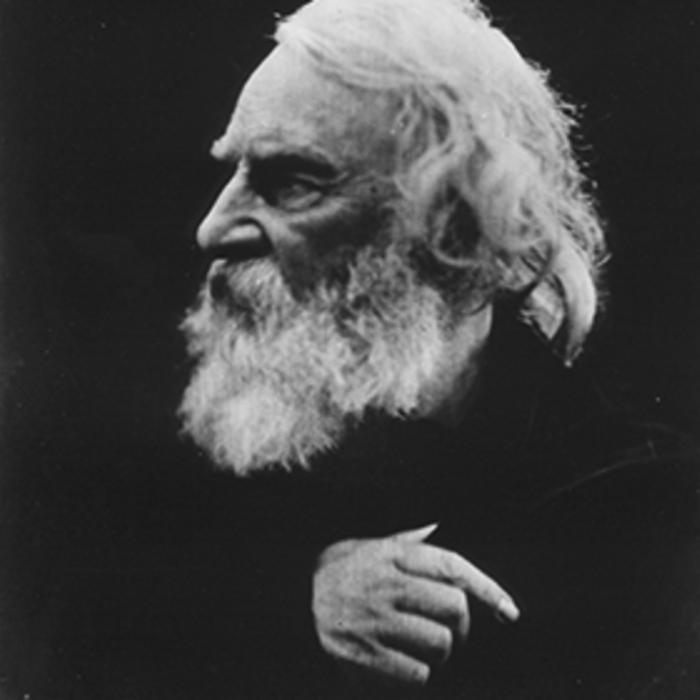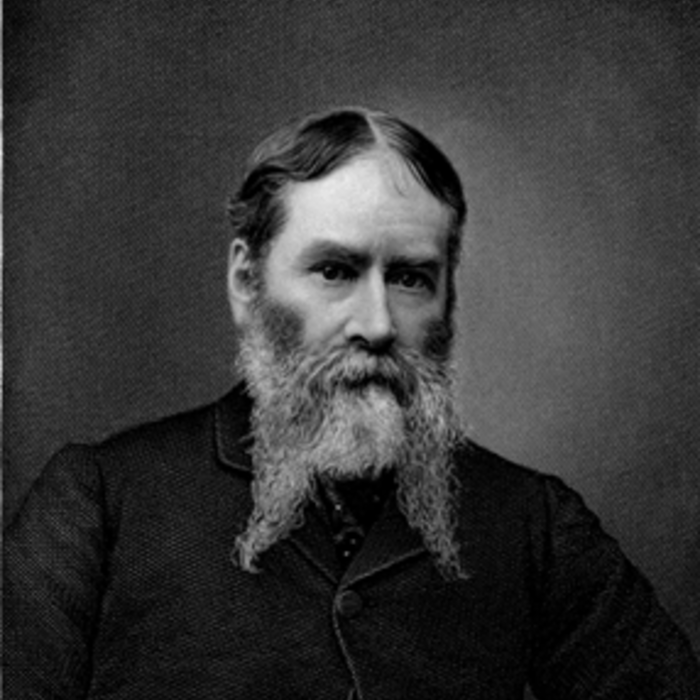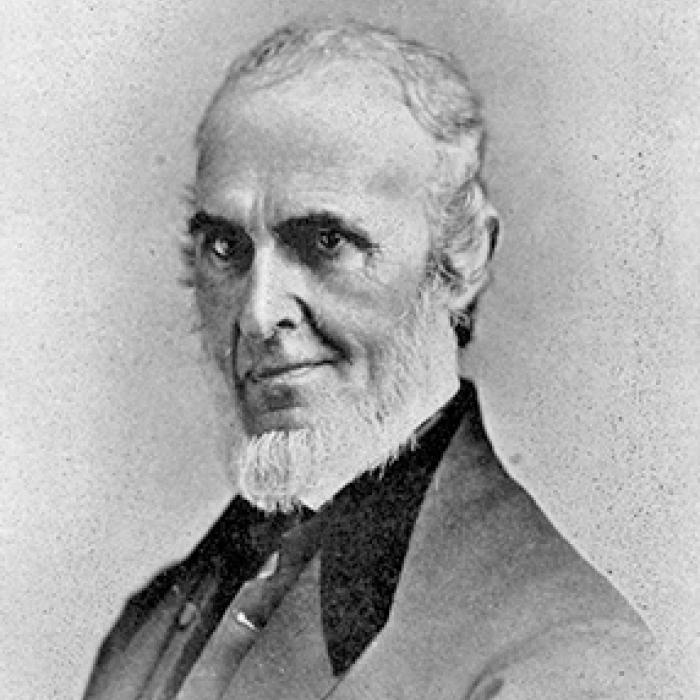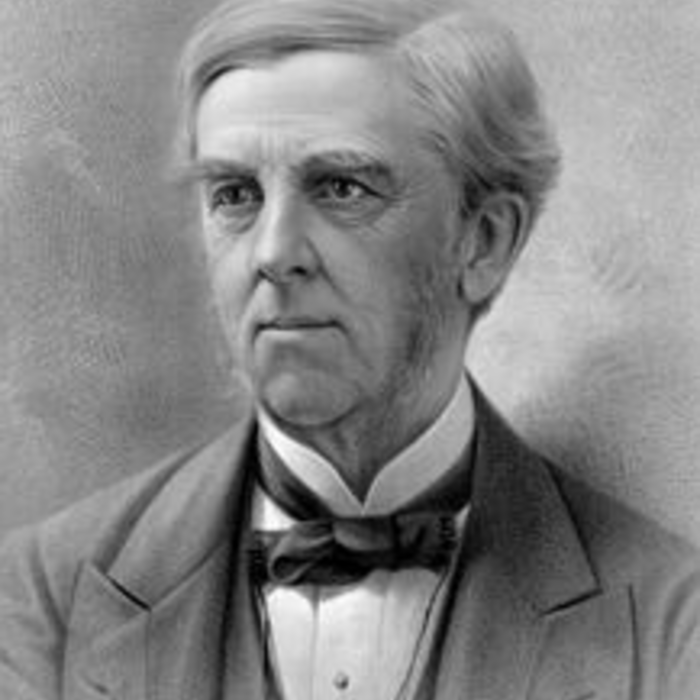William Cullen Bryant
William Cullen Bryant was born near Cummington, Massachusetts, on November 3, 1794. He was the second son of doctor and state legislator Peter Bryant and his wife Sarah Snell, whose ancestors were passengers on the Mayflower.
At thirteen, Bryant wrote “The Embargo,” a satirical poem calling for the resignation of President Thomas Jefferson. The poem was eventually published in a pamphlet in 1808. At sixteen, Bryant enrolled as a sophomore at WIlliams College with the intention of transferring to Yale. During his time at Williams, Bryant wrote “Thanatopsis,” which was later published in The North American Review for September, 1817.
When Bryant was unable to attend Yale, he studied law under private tuition. He was admitted to the bar at the age of twenty-one and spent nearly ten years practicing in Massachusetts. During this time, he married Frances Fairchild. They were together for nearly fifty years.
In 1821, when asked to speak at Harvard’s commencement, Bryant wrote the beginnings of what would eventually become his first published book of verse. Poems is believed to have been published first in 1821, and was later re-published with additions in two volumes by D. Appleton and Company in 1862.
In 1829, Bryant and his wife moved to New York City, where he was an editor of the New York Review. Later that year he became editor in chief of the New York Evening Post, a position he held until his death. Bryant used the newspaper as a platform to call for the abolition of slavery, and was also an advocate for Abraham Lincoln, delivering the speech that would eventually secure his nomination and eventual presidency.
Bryant is considered an American nature poet and journalist, with ties to the Hudson River School of art. He wrote poems, essays, and articles that championed the rights of workers and immigrants, and he was frequently published by the North American Review. He is the author of several books, including The White-Footed Deer and Other Poems (I. S. Platt, 1844), and The Fountain and Other Poems (Wiley and Putnam, 1842). He died on June 12, 1878, in New York City.
Bryant’s influence helped establish important New York civic institutions such as Central Park, the Metropolitan Museum of Art, and the New York Medical College. In 1884, New York City's Reservoir Square was renamed Bryant Park in his honor. Bryant was also the nephew of Charity Bryant, whose marriage to Sylvia Drake is thought to be one of the earliest same-sex unions in American history.




